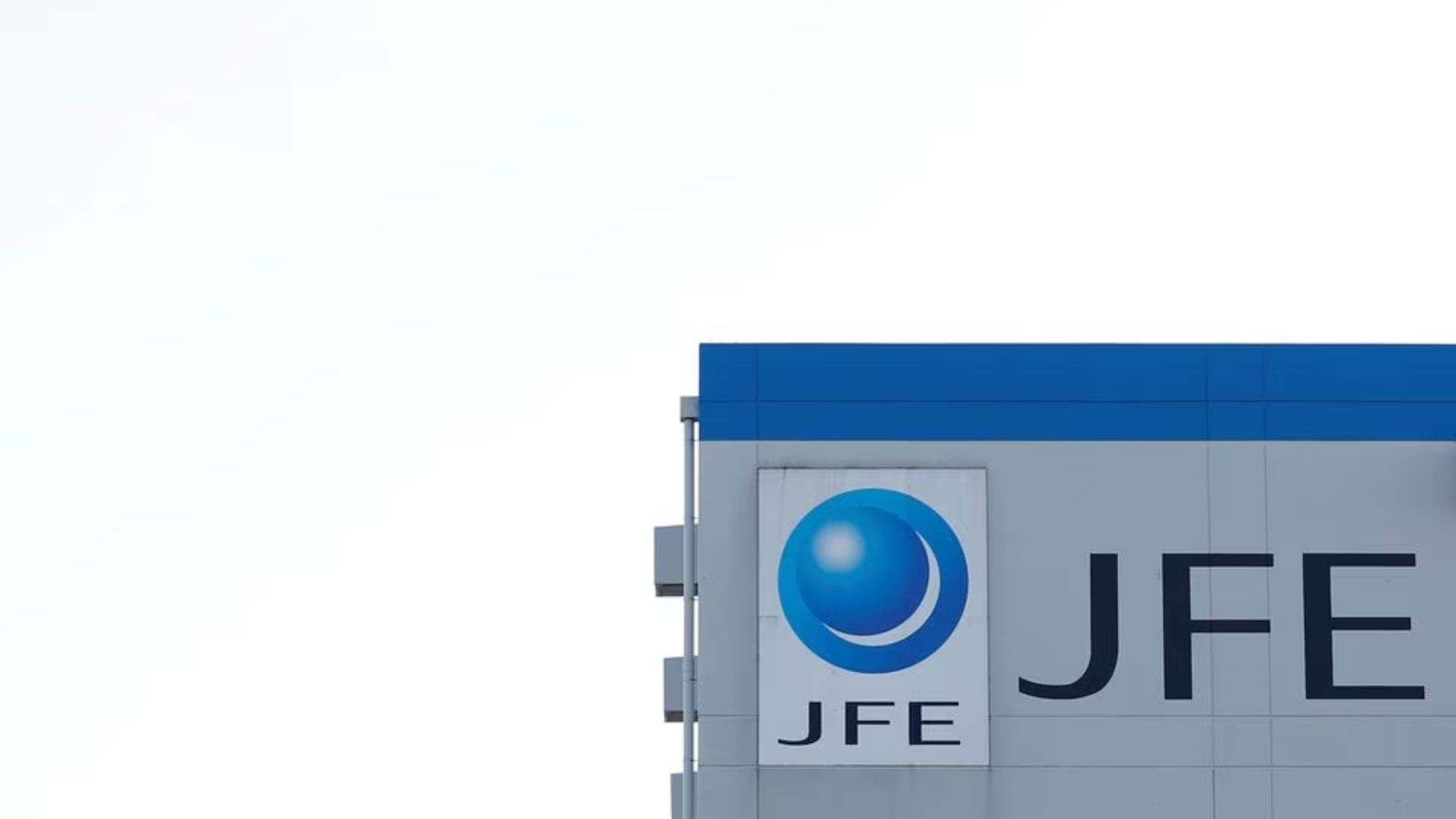TOKYO, July 12 (Reuters) – Japan’s second-biggest steelmaker JFE Holdings Inc (5411.T) sees usage of technology known as ‘Gigacasting’ as a risk to the company’s business as it could lead to reduction of steel usage, its President Koji Kakigi told reporters.
Toyota Motor (7203.T), the world’s top-selling automaker, became the latest car producer planning to adopt ‘Gigacasting’ – house-sized aluminium die-casting machines able to produce aluminium parts far bigger than anything used before in auto manufacturing.
Pioneered by Tesla (TSLA.O), ‘Gigacasting’ allows for production of larger and lighter parts – essential for electric vehicles with heavy batteries – reducing costs, and attracting interest from automobile giants including General Motors (GM.N) and Hyundai Motor (005380.KS).
“The amount of crude steel used will obviously decrease,” Kakigi told a press conference on Wednesday, calling ‘Gigacasting’ “a very big problem”.
As aluminium is less strong compared to steel, iron might be needed in the most vulnerable EV parts to increase safety, he said.
JFE Holdings may consider investing into coking coal essential for steelmaking, Kakigi added, expecting demand to remain solid for such assets in the next couple of decades.
In May, JFE Holdings said it expected to post a 17% increase in the current fiscal year’s net profit to 190 billion yen ($1.4 billion) on stronger steel demand thanks to a recovery in the auto sector.
($1 = 139.3700 yen)











